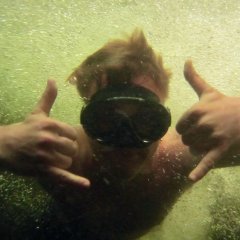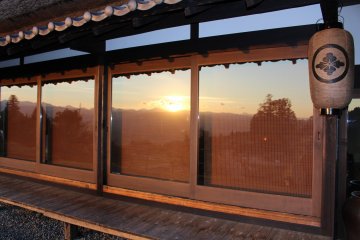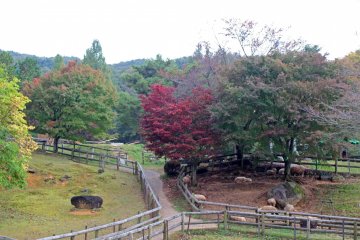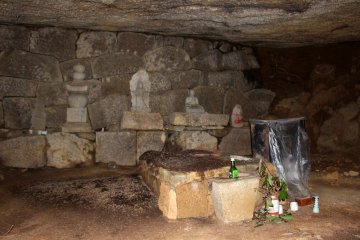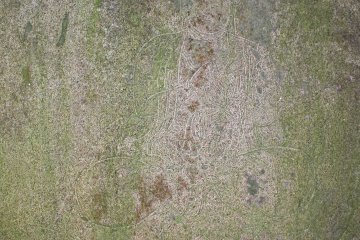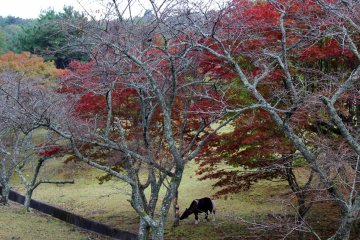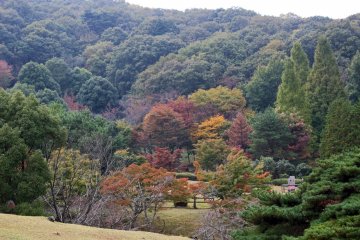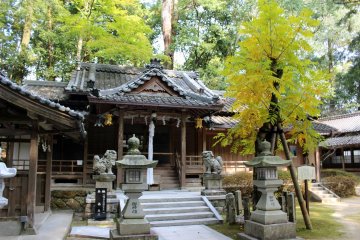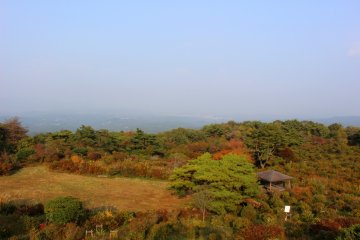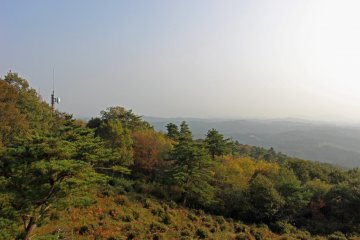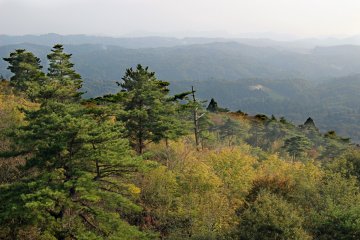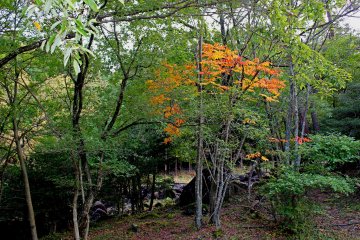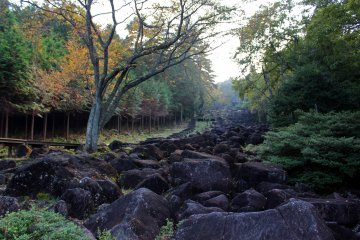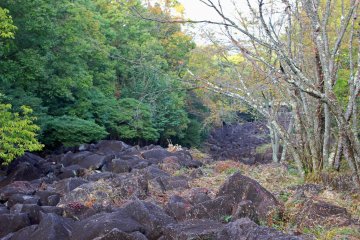“No one is sure whether these rocks are an ancient ruin or a natural formation,” my guide informed me as we scrambled up the river of black boulders that fill the length of Nabekura-kei depression. “But because this area is a good place to view the stars at night there is this story. The Milky Way is a river in the sky, and there are more like it. Those rivers are made of meteors. We imagine that a very long time ago one of those rivers poured out of the sky and spilled its rocks here on Mt. Kouno and that’s how we got the Nabekura-kei.”
Yamazoe-mura
Located in the northeast corner of Nara Prefecture, Yamazoe-mura is the full on inaka, countryside, experience. Two thirds of the area is mountainous or forested, there are no convenience stores, just one stoplight, and no train lines pass through the area. The only way in without a car is by bus, or one of the area’s guesthouses’ courtesy shuttle. This completely cuts out the crowds of urban areas like Nara City and Kyoto allowing visitors the opportunity to build a distraction free experience.
Small countryside shrines and temples are littered throughout the area. The buildings and structures at some of these temples are beautiful or rustic on their own but many of them are best appreciated in sakura or autumn foliage season. My visit was in the early fall just as the leaves started to turn. Greenery dominated the grounds of the shrines and temples I visited, but those leaves that had turned made the experience more enjoyable and provided a tantalizing glimpse of the autumnal fire that was soon to spread across the landscape. The many deciduous trees in the area guarantee a spectacular autumnal show.
Giant Boulders
A large concentration of giant boulders and rocks is possibly Yamazoe-mura’s most unique feature. The Iwaya-Masugata stones of Ushigamine are the most interesting of all the great rocks in Yamazoe-mura. A hollow under the lower Iwaya Stone was carved out and turned into the small Iwayaji Temple centuries ago. Two Jizo statues and a seated Fudomyo (the Buddhist deity of discipline) occupy the rear wall of the cave. An image of a seated Buddha has been carved into the rock above the entrance. The orientation of the cave’s entrance and the placement of the statues makes it a natural clock similar to Stonehenge. On the Vernal and Autumnal Equinoxes, light from the sun shines straight down the center of the cave’s entrance and illuminates the statues. On the Winter Solstice the sun strikes one wall of the entrance directly and on the Summer Solstice it strikes the opposite. Higher up the Ushigamine Mountain from the Iwaya Stone is the Masugata Stone. The tools used to carve Iwayaji Temple and its cave are stored in a rectangular hole, a masugata (rectangular or regularly shaped hole or box), on the Masugata Stone’s face. It was carved quite high up on the rock to prevent tampering by grave robbers.
The largest of all Yamazoe-mura’s rocks is the 618 meter high Kono Mountain, the highest point in Yamazoe-mura and one of the highest points in northern Nara. The slopes Kono Mountain are home to hundreds of acres of mixed pine and deciduous forests (making it a great location for viewing fall foliage). Kono Mountain, along with the rest of Yamazoe-mura, is home to one of Japan’s top 10 green tea growing areas. The green tea plants grow in hedge-like lines and create open areas with the expansive of traditional views that grace Japan post cards and travel brochures the world over.
Getting There
A car is the best way to get into and travel around Yamazoe-mura. National Route 25 connecting Osaka and Nagoya, or Prefectural Route 80 are the most major roads into or out of the village.
Without a car there are limited bus services to the Hari Interchange (針インター) or Kokudo Yamazoe (国道山添) Bus Stops from Tenri Station in Nara or Nabari Station in Mie. If you speak Japanese contact the Yamazoe Tourism Association (Kankokyokai) and ask about their volunteer guides. They can pick you up at Nabari Station and show you around Yamazoe-mura for the cost of a full tank of gas.


